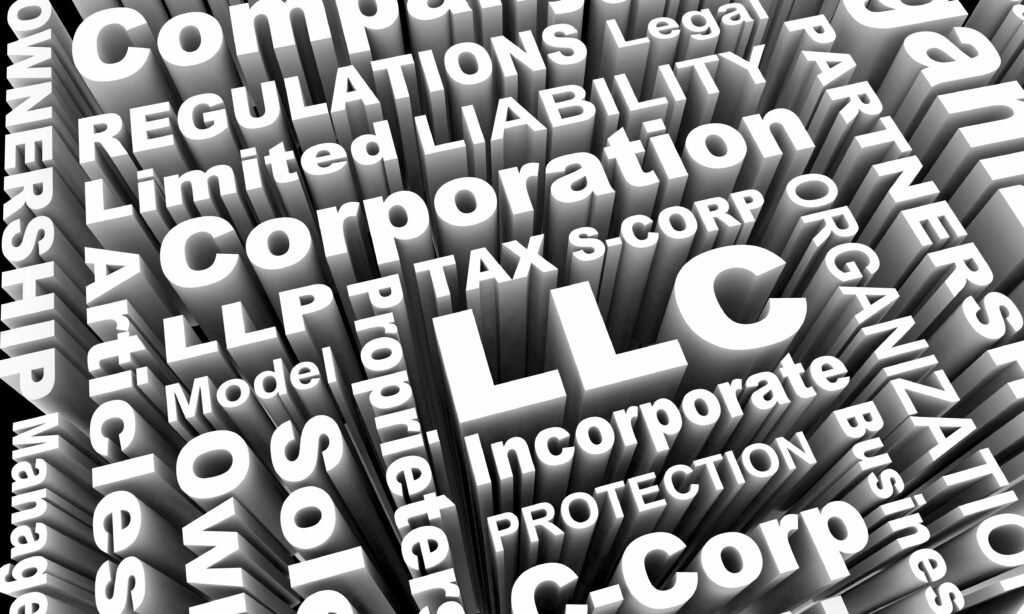Entities as Beneficial Owners

A wide-variety of entities can own a company, and the type of entity can influence how you determine Beneficial Ownership.
FinCEN Defines Four Types of Entities
FinCEN groups entities into four categories: individuals, trusts, companies, and “other entities”. “Other entities” has received very little attention by FinCEN (at least in the version 1.1 December 2023 edition of the Small Entity Compliance Guide), but it’s not hard to imagine what “other entities” could be: governmental and tribal organizations, associations, non-governmental organizations (ngo’s) and more.
Companies who are required to report Beneficial Ownership Information (or BOI) are called “reporting companies”, and regardless of who owns the reporting company, the reporting company is supposed to report Beneficial Ownership Information.
This raises some interesting questions, when a reporting company is owned by an “other entity,” such as a governmental organization (i.e. city, county, state agency, etc) or other similarly large and/or bureaucratic institution. While such an organization is exempt from reporting Beneficial Ownership Information itself, there are no obvious exceptions for excluding a Beneficial Owner of a reporting company in this instance.
Remember that FinCEN required Beneficial Ownership Information of individuals.
Therefore, if an “other entity” maintains substantial control over a reporting company or possesses 25% or more control or ownership interest in a reporting company, you are going to have to identify one or more individuals that exert influence or control of the reporting company, in the name of the “other entity.” This could prove quite challenging, but puts the reporting company at great risk without being able to identify Beneficial Owners that act on behalf of such “other entities.”
How Beneficial Ownership is Calculated for “Other Entities”
FinCEN doesn’t provide a lot of guidance on the question of Beneficial Ownership for “other entities”, so we’re on our own trying to piece together how to calculate Beneficial Ownership for such entities.
Let’s start with the distinction of direct ownership versus indirect ownership. FinCEN says Beneficial Owners are those individuals who either own or control 25% or more of the ownership interest in the reporting company. When an individual owns some portion of the reporting company him or herself, this is called “direct ownership”. An individual can also have influence over a reporting company, without directly owning the reporting company. This is because the individual has some sort of control or power over a trust, company or “other entity”, which owns the reporting company. In other words, if a trust, company or “other entity” has direct ownership in a reporting company, then one or more individuals through their relationship to the trust, company or “other entity”, will be presumed to have indirect ownership over the reporting company.
You can imagine circumstances where an individual has some amount of direct ownership, as well as some amount of indirect ownership, due to the various other types of ownership in the reporting company. The possibilities are endless.
For companies that have a direct ownership interest in a reporting company, FinCEN provides some guidance in how the Beneficial Owners of that company can have a pro-rata indirect ownership interest in the reporting company. The possibilities are complicated, and we wrote a blog article to explain how this works for companies owning a reporting company.
For trusts, the situation is different from companies. Trusts don’t have an ownership value like companies do, so what of a trustee that has influence over the trust, and therefore the trust’s influence over a reporting company? The answer is, such an individual assumes the full ownership interest of the trust, as his or her indirect ownership in the reporting company. In other words, if a trust has a 50% direct ownership interest in a reporting company, then the trustee, an individual with influence over the reporting company, will be assumed to have a 50% indirect ownership interest in the reporting company.
FinCEN has provided some guidance on trusts. See our blog article on this.
Because FinCEN has provided no guidance regarding “other entities”, we’ve assumed “other entities” are to be treated similarly as trusts — i.e. if an “other entity” has a 50% direct ownership interest in a reporting company, then whoever is authorized to represent the “other entity’s” interest in the reporting company would be presumed to have a 50% indirect ownership interest in the reporting company.
How do you identify such authorized individuals? FinCEN offers no guidance. Therefore, we suggest asking yourself:
- Who makes significant decisions on behalf of the “other entity” as it relates to the reporting company?
- Who represents the “other entity” as it relates to its ownership interest in the reporting company?
- Who has any ability to influence, vote on, make decisions in regards to and/or control the reporting company, because of their relationship to the “other entity”?
We believe the individuals who the above-questions identify would make good Beneficial Owners for a reporting entity, and would therefore need to be included in the Beneficial Ownership Information (BOI) reported to FinCEN on behalf of a reporting company.
Still Have Questions?
Look in our discussions area. Review other questions and answers, or submit your own question!
- Beneficial Owners (1)
- Entities (17)
- Indirect Ownership (12)
- Voting Power (13)
